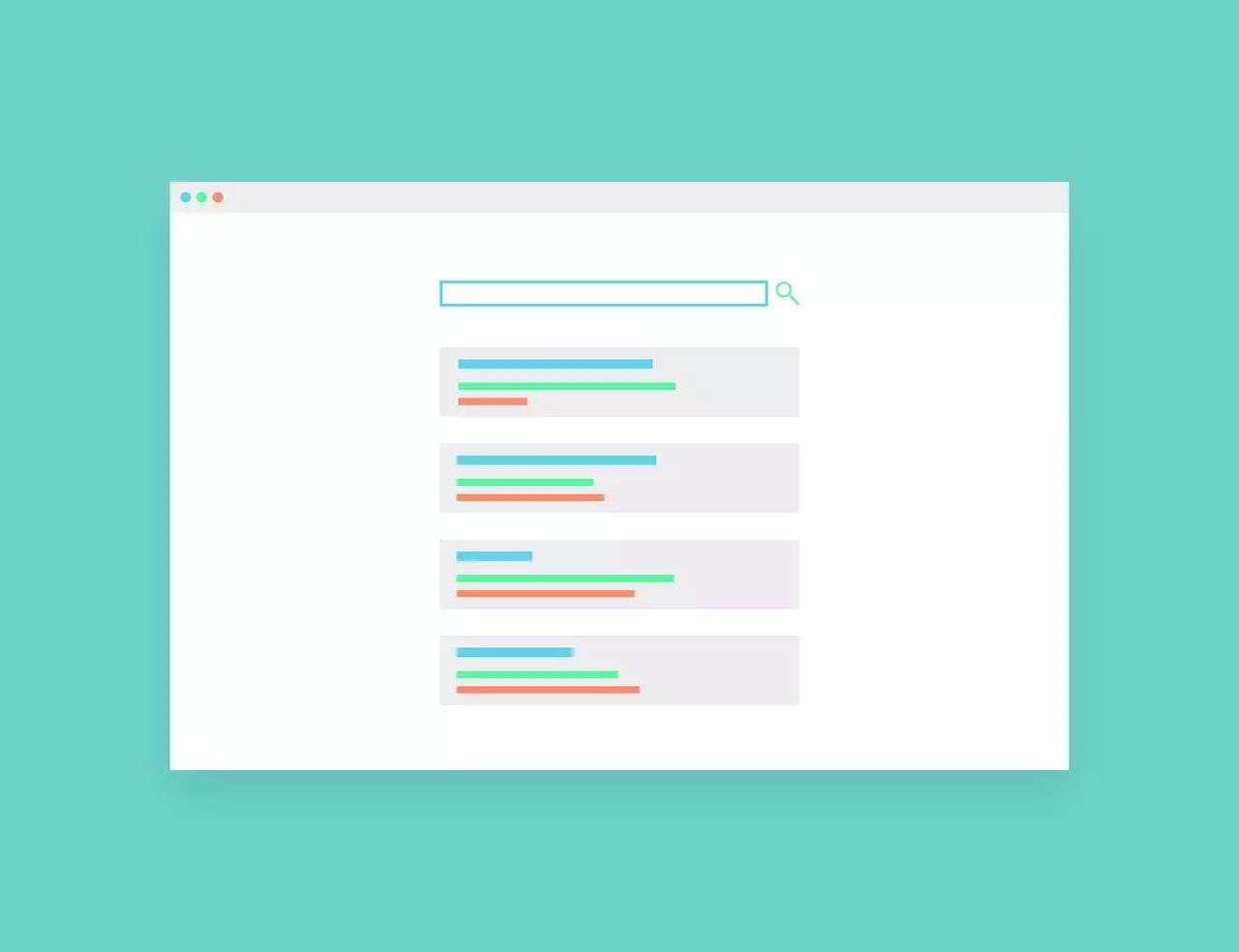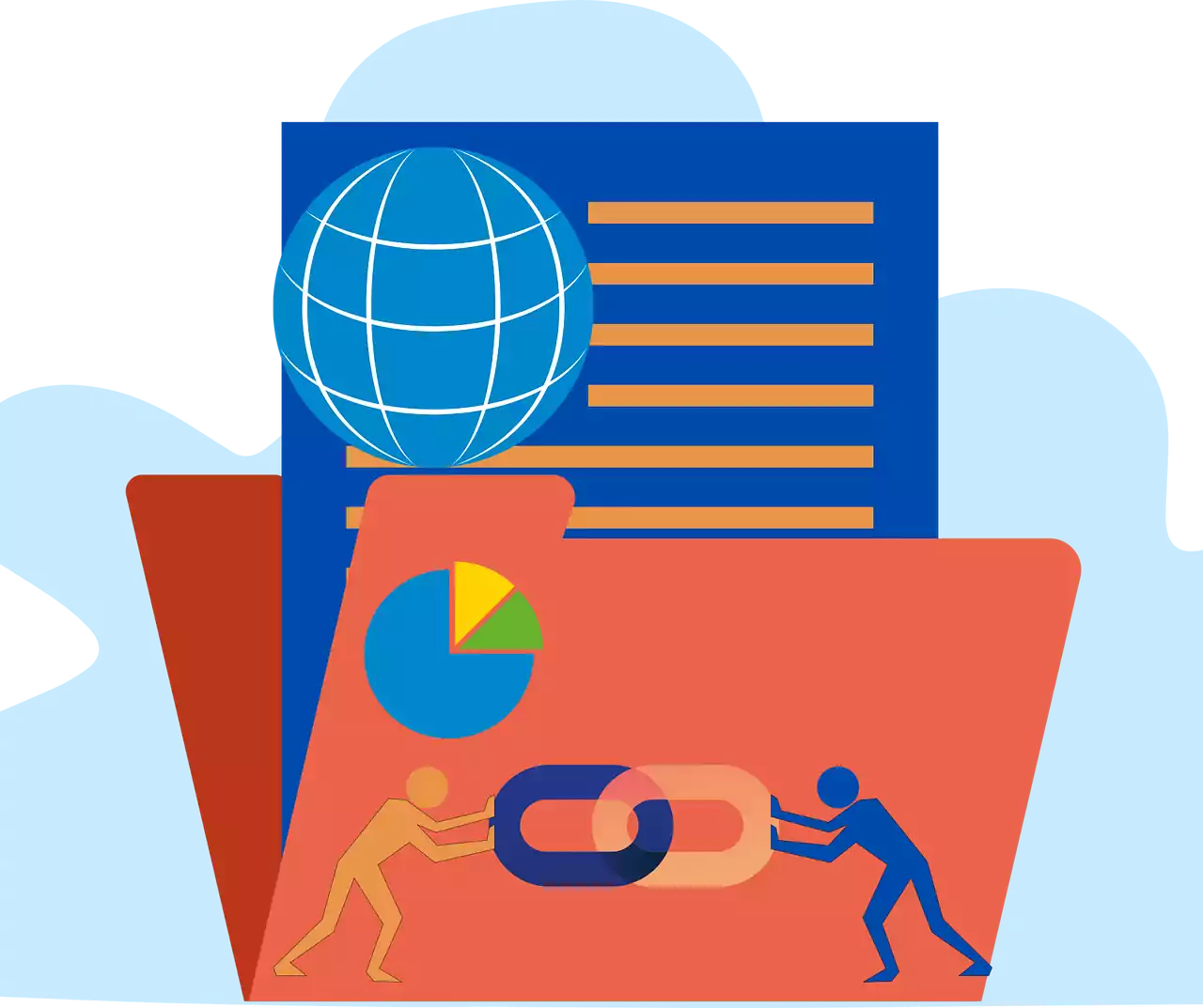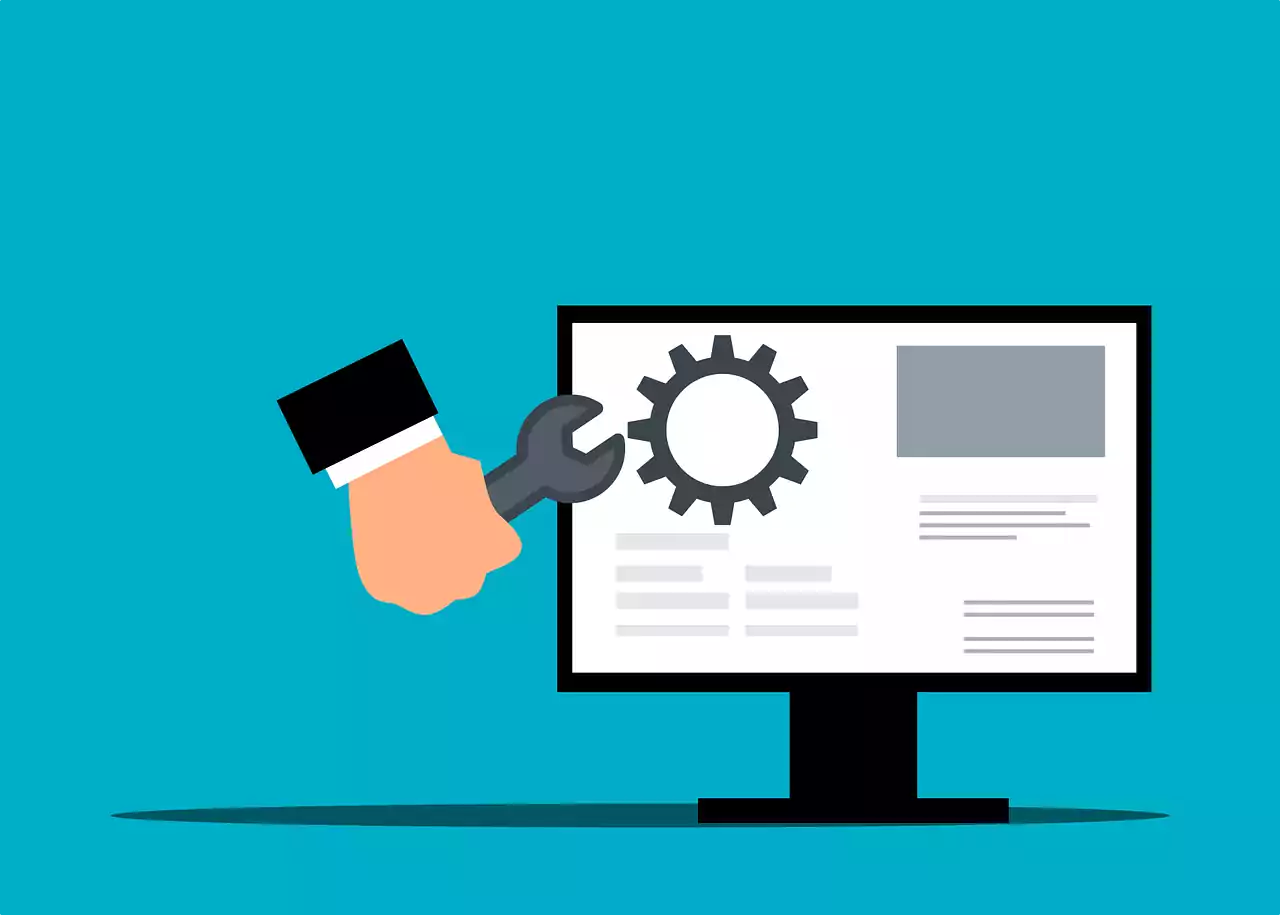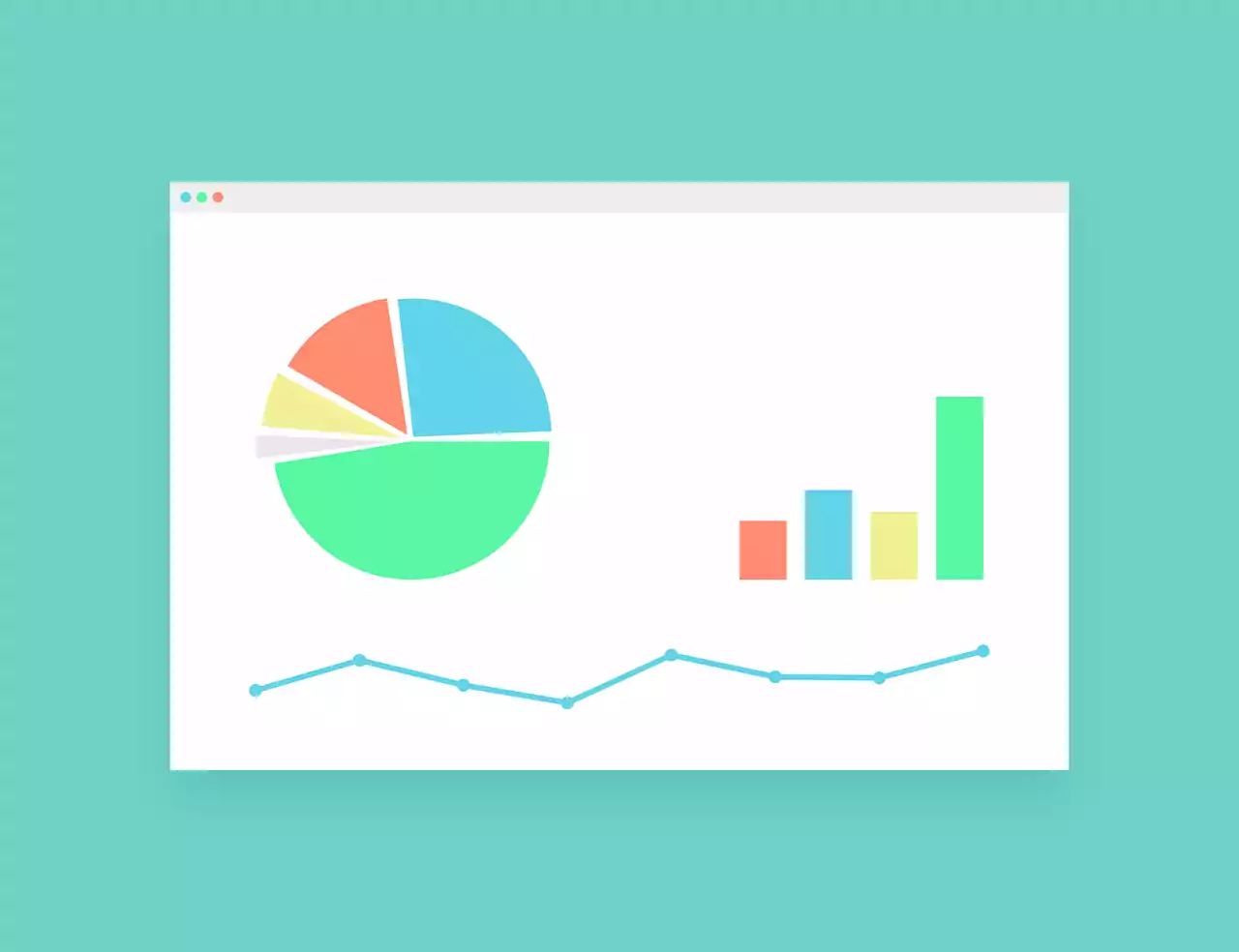John
01 Feb 2023
What is SEO?

We're going to demystify the world of Search Engine Optimization (or as we like to call it, SEO) and show you how it can work wonders for your online presence.
We know you may not be tech wizards, but fear not!
We'll break down the basics of SEO in a friendly and straightforward way, ensuring you grasp the concepts without breaking a sweat.
In today's digital age, having a strong online presence is vital for businesses in Ireland .
Your potential customers are out there, searching for products and services just like yours.
But how do you make sure they find you? That's where SEO comes in.
Think of it as the secret sauce that helps your website rank higher in search engine results, making it more visible to the right people at the right time.
Now, don't worry if you're not familiar with all the technical jargon or algorithms that power search engines like Google.
We're here to guide you through the world of SEO, starting with the fundamental concepts.
So, grab a cup of tea and let's dive into the exciting realm of SEO.
But first, let's make sure we're all on the same page.
In the next section, we'll explain what SEO is in a way that even your granny would understand.
Ready?
Let's go!
How do Search Engines (like Google) Work?

Ah, search engines – the magic gateways to the vast world of the internet!
But have you ever thought how they work their digital wonders?
Let's take a peek behind the scenes and take a look at the inner workings of search engines like our favorite, Google.
When you enter a search query (like " best pizza in Clonmel" or "cosiest pubs in Cashel" ), search engines go into action.
They have these nifty little creatures called "web crawlers" (imagine tiny spiders with virtual hard hats) that scurry across the internet, tirelessly exploring web pages and gathering information.
These web crawlers collect data about billions of web pages and create a massive index, sort of like a colossal library catalog.
But here's the secret sauce: search engines don't just rely on the index.
They have complex algorithms (fancy math formulas) that analyze the data and decide which web pages should appear in search results.
One crucial factor these algorithms consider is relevance.
They examine various elements, such as the content on a web page, the titles, headings, and even the words people use in their search queries.
That's why it's essential to have high-quality content that speaks the language of your target audience (literally and figuratively).
Search engines also take into account other factors, like the popularity and trustworthiness of a website.
They look for signals like backlinks (links from other websites to yours) as an indication of credibility.
So, building a network of reputable websites linking back to yours is like having influential friends vouching for you.
It's worth mentioning that search engines continuously refine and update their algorithms (they're quite the perfectionists).
So, staying up to date with the latest trends and best practices is vital for your website's success in the digital realm.
In the next section, we'll uncover the importance of keywords and how they play a role in SEO.
Hang tight, we're just getting started on this SEO adventure!
Keywords, keywords and more keywords

Keywords are the lifeblood of search engines and SEO.
They're the words or phrases people type into search boxes when hunting for information, products, or services.
So, understanding the right keywords for your business is like having a treasure map to reach your target audience.
When search engines crawl through web pages, they look for these keywords to understand the content and match it to relevant search queries.
By strategically incorporating relevant keywords into your website's content, titles, headings, and even URLs, you give search engines a clear signal about what your web pages are all about.
But here's the catch: it's not just about sprinkling keywords everywhere like confetti at a celebration.
Search engines are smart cookies, and they value high-quality content that provides value to users.
So, aim for a natural and balanced use of keywords that flows seamlessly within your content.
Think about it this way: if you own a cozy café in Cashel, using keywords like " Cashel café," "best coffee in Cashel," or "delicious pastries in Tipperary" helps search engines connect the dots and present your café to hungry Tipperarians searching for a caffeine fix.
Researching and selecting the right keywords specific to your business and target audience is an art in itself.
Tools like Google Keyword Planner or other keyword research tools can be your trusty sidekicks on this keyword quest.
So, remember, keywords are the compass that guides search engines to your website's virtual doorstep.
Choose them wisely, weave them into your content with finesse, and watch your SEO efforts gain momentum.
On Page Optimisation

Here's where you sprinkle magic dust on your website to captivate both search engines and visitors. Brace yourselves for these bite-sized insights:
- Titles and Headings: Craft attention-grabbing titles and headings that incorporate relevant keywords. Think of them as the signposts that guide visitors and search engines through your content.
- Meta Tags: These behind-the-scenes snippets provide brief descriptions of your web pages. Optimize them with concise, keyword-rich summaries that entice users to click and explore further.
- URLs: Keep your website's URLs tidy and keyword-friendly. Short, descriptive URLs are like clear directions on a map, helping both search engines and users navigate your site effortlessly.
- High-Quality Content: Content is king (or queen) in the realm of on-page optimization. Create engaging, informative, and original content that resonates with your audience. And yes, sprinkle those keywords naturally throughout!
- Image Optimization: Don't forget your visual companions! Optimize images by compressing their file size without compromising quality. Add descriptive alt text that includes keywords, helping search engines understand what the images represent.
- User-Friendly Navigation: Make your website a breeze to explore. Clear menus, intuitive site structure, and internal links enhance user experience and help search engines navigate and index your pages effectively.
Remember, on-page optimization is like dressing up your website for a debs. It's about presenting your content in the most captivating and accessible way possible.
In the next section, we'll venture beyond your website's borders and explore the wonders of off-page optimisation.
Off Page Optimisation

This is where your website's popularity and reputation take center stage.
Get ready to venture beyond your website's borders with these concise insights:
High-Quality Backlinks:
Imagine backlinks as votes of confidence from other websites. The more reputable websites that link back to yours, the more search engines trust your site's authority and relevance. Focus on building quality backlinks from trusted sources.
Social Media Presence:
Embrace the power of social media platforms to amplify your online presence. Engage with your audience, share valuable content, and encourage social sharing. Social signals can enhance your website's visibility and attract more visitors.
Online Reviews and Citations:
Positive reviews and mentions of your business across online platforms (think Google My Business, Yelp, or industry-specific directories) can boost your local SEO efforts and build trust among potential customers.
Influencer Marketing:
Collaborate with influencers or industry experts to promote your brand and content. Their endorsement can expand your reach, attract new audiences, and generate valuable backlinks.
Remember, off-page optimization is all about building your website's reputation and influence beyond its digital walls.
Embrace these strategies, and watch your online presence soar!
Technical Optimisation

This is where we fine-tune the gears that make your website run smoothly.
Here's a glimpse into this crucial aspect, simplified just for you:
- Website Speed: A slow-loading website can be a real mood killer. Optimise your site's speed by compressing images, minifying code, and leveraging browser caching. Speedy websites not only enhance user experience but also earn favor from search engines.
- Mobile-Friendliness: With mobile devices ruling the digital landscape, it's vital to ensure your website looks and functions seamlessly on smartphones and tablets. Responsive design and mobile-friendly features make sure you're ready to impress visitors, no matter the device they use.
- Site Structure and Navigation: Think of your website as a well-organized library. Create a logical and intuitive site structure that allows visitors and search engines to find information effortlessly. Clear navigation menus and internal links connect the dots and improve user experience.
- XML Sitemaps and Robots.txt: Help search engines navigate your website effectively by providing XML sitemaps that outline your site's structure and content. Also, use a robots.txt file to guide search engine crawlers and specify which pages to crawl or exclude.
- Schema Markup: Give search engines a helping hand in understanding your content with schema markup. By adding structured data to your website, you can provide additional context and improve the visibility of your website in search results.
Technical optimization ensures your website runs like a well-oiled machine, pleasing both users and search engines.
Fine-tune these technical aspects, and watch your website soar to new heights!
Local SEO

Ah, the charm of local SEO! This section is dedicated to helping Irish businesses connect with their local customers effectively.
Let's delve into the significance of local SEO:
- Google My Business: Claim your business listing on Google My Business. This free tool allows you to manage your business information, engage with customers, and appear in local search results and Google Maps. Ensure your listing is accurate, complete, and regularly updated.
- NAP Consistency: NAP stands for Name, Address, and Phone Number. Maintain consistent and accurate NAP information across your website, directories, and online listings. This consistency builds trust and helps search engines understand your business's location.
- Local Keywords: Incorporate location-specific keywords throughout your website's content. Think about what your local customers would search for, such as "best restaurants in Nenagh" or "plumbers in Cashel." These targeted keywords improve your visibility in local search results.
- Online Directories and Citations: Get listed in relevant online directories and citation sites specific to your industry and location. These listings provide valuable backlinks and increase your visibility in local searches.
- Customer Reviews: Encourage your satisfied customers to leave positive reviews on platforms like Google My Business, Yelp, or industry-specific review sites. These reviews not only build trust but also boost your local SEO efforts.
- Local Content and Community Engagement: Create content that is locally relevant, such as blog posts about local events or partnerships with local organizations. Engage with your community on social media, attend local events, and show your commitment to your locality.
By focusing on local SEO, you can attract customers in your immediate vicinity who are actively searching for products or services like yours.
Embrace these strategies, and watch your business flourish in the local market!
Measuring and tracking success

Now, let's uncover the secrets of measuring and tracking the success of your SEO efforts.
Here's a simplified overview:
- Analytics Tools: Embrace the power of analytics tools like Google Analytics. These tools provide valuable insights into website traffic, user behavior, and conversion rates. Monitor key metrics such as organic search traffic, bounce rate, and goal completions to gauge the effectiveness of your SEO strategies.
- Keyword Ranking: Keep an eye on how your website ranks for your target keywords in search engine results pages (SERPs). Track your progress over time and identify opportunities for improvement. Remember, climbing up the ranks takes time and consistent effort.
- Backlink Analysis: Dive into backlink analysis to evaluate the quality and quantity of websites linking to yours. Tools like Moz, Ahrefs, or Majestic can help you assess the health of your backlink profile and identify areas for enhancement.
- Conversion Tracking: Set up conversion tracking to measure the actions visitors take on your website, such as making a purchase, filling out a contact form, or subscribing to your newsletter. This data helps you understand the impact of your SEO efforts on actual business goals.
- Regular Reporting: Create regular reports to monitor your SEO progress and share insights with your team or stakeholders. These reports provide a snapshot of your website's performance, highlight areas of improvement, and demonstrate the value of your SEO efforts.
Remember, data-driven decision-making is the key to optimising your SEO strategy.
By monitoring and analyzing relevant metrics, you can make informed adjustments and continuously improve your website's performance in search results.
In summary
Let's recap the key points covered in this guide and leave you inspired to conquer the world of SEO:
SEO Explained: We demystified SEO, giving you an understanding of its importance for your business.
Search Engine Operations: You gained insights into how search engines like Google operate, crawling and indexing web pages to deliver relevant search results.
Significance of Keywords: Keywords play a crucial role in SEO, guiding search engines to understand your content and connecting you with your target audience.
On-Page Optimization: We explored the essentials of on-page optimization, including titles, headings, meta tags, high-quality content, and image optimization.
Off-Page Optimization: Off-page optimization involved building quality backlinks, leveraging social media, obtaining online reviews, and harnessing influencer marketing.
Technical Optimization: Technical optimization ensures your website is fast, mobile-friendly, well-structured, and search engine-friendly, enhancing user experience.
Local SEO: We highlighted the power of local SEO, helping you connect with your local customers through Google My Business, local keywords, and community engagement.
Measuring Success: Measuring and tracking your SEO efforts using analytics tools, keyword rankings, backlink analysis, and conversion tracking enables data-driven decision-making.
As you embark on your SEO journey, remember that it's a continuous process. Stay up to date with industry trends, adapt to algorithm changes, and consistently monitor and optimize your website's performance.
If you're feeling overwhelmed or need expert guidance in optimising your website and boosting your online visibility, our team at Conversegy is here to help.
We specialise in web development and digital marketing, and we would be delighted to assist you in achieving SEO success.
Feel free to reach out to us for personalized advice, consultation, or any questions you may have.
We're dedicated to supporting your business and helping you navigate the dynamic world of SEO.
Now armed with knowledge and insights, you're ready to optimize your website, attract the right customers, and watch your business flourish online.
Embrace the power of SEO, and let's elevate your online presence together!